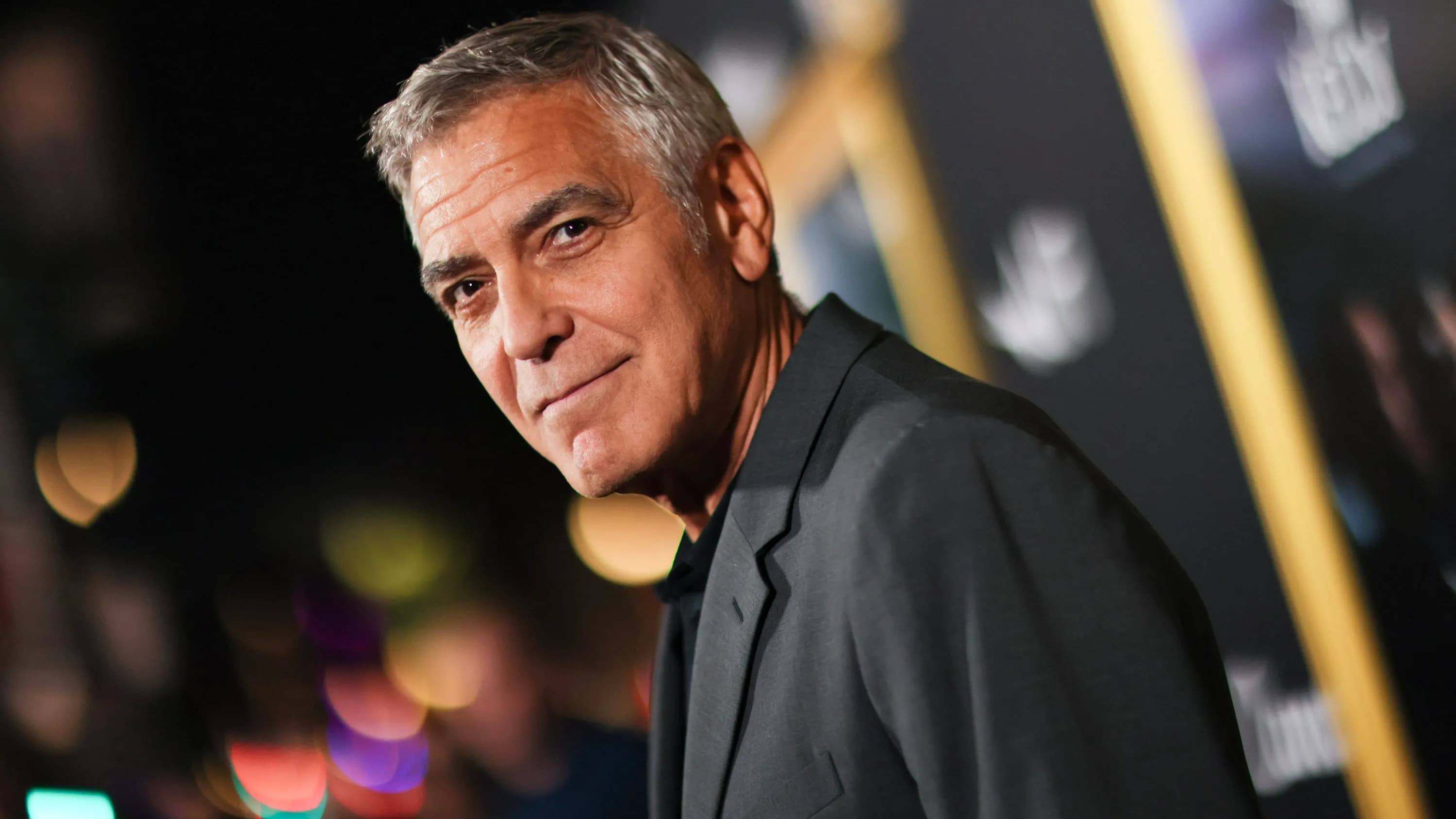We're loading the full news article for you. This includes the article content, images, author information, and related articles.
A top Democratic donor's criticism of US Vice President Kamala Harris exposes deep party divisions ahead of an election with major implications for Kenya's trade, aid, and security partnerships.

WASHINGTON D.C. – Prominent actor and major Democratic Party donor George Clooney has publicly labelled Vice President Kamala Harris's presidential nomination a "mistake," deepening concerns over internal fractures within the party. Speaking on CBS's "Sunday Morning" program on Monday, 3 November 2025 EAT, Clooney reaffirmed his stance, arguing that the party should have held a competitive primary to select a replacement for former President Joe Biden.
"I think the mistake with it being Kamala is she had to run against her own record," Clooney stated during the interview. "It's very hard to do if the point of running is to say, 'I'm not that person'. And so she was given a very tough task."
The actor's comments reiterate the arguments he made in a widely discussed July 2024 opinion piece for The New York Times titled, "I Love Joe Biden. But We Need a New Nominee." In that article, published after what was seen as a poor debate performance by Biden against Donald Trump, Clooney wrote, "We are not going to win in November with this president." He claimed this was the private opinion of every senator, congress member, and governor he had spoken with.
Following mounting pressure, President Biden officially withdrew from the presidential race on July 21, 2024, endorsing Harris as his successor. The Democratic Party formally nominated Harris through a virtual roll call of delegates that concluded on August 5, 2024, forgoing a traditional, contested primary.
Clooney's public dissent triggered sharp reactions within the party, most notably from Biden's son, Hunter Biden. In a profanity-laced, three-hour interview with the YouTube channel "Channel 5" in July 2025, Hunter Biden attacked Clooney for the op-ed. "What right do you have to step on a man who's given 52 years of his f---ing life to the service of this country and decide that you, George Clooney, are going to take out basically a full-page ad in the f---ing New York Times to undermine the president?" he said.
While the internal politics of the Democratic Party may seem distant, the outcome of the US election holds significant consequences for Kenya. The political turmoil highlighted by Clooney's remarks underscores the uncertainty surrounding future US foreign policy, which directly impacts key Kenyan economic and security interests.
A primary area of concern is the future of the African Growth and Opportunity Act (AGOA), set to expire in September 2025. AGOA is the cornerstone of US-Kenya trade, allowing duty-free access for thousands of Kenyan products, particularly in the textile and apparel industry, which supports tens of thousands of jobs. In 2023, Kenyan exports to the US under AGOA were valued at over KSh 66 billion ($510 million). A potential Trump administration, guided by an "America First" policy, could impose stricter eligibility or let the agreement lapse without a favorable replacement, disrupting a vital economic lifeline for Kenya. A Harris administration would more likely pursue policy continuity, but the current political instability creates an unpredictable environment for negotiations.
Foreign aid is another critical area. Programmes like the U.S. President's Emergency Plan for AIDS Relief (PEPFAR) have been instrumental in Kenya's public health sector. A shift in administration could lead to budget cuts or a reorientation of aid, tying it more directly to US policy objectives rather than development goals.
Finally, security and diplomatic engagement in East Africa, particularly concerning regional stability and counter-terrorism efforts, are heavily influenced by the disposition of the US administration. A Harris presidency would likely maintain the current collaborative approach, while a Trump presidency might favor a more transactional and less multilateral foreign policy. The deep divisions within the Democratic party signal a volatile political landscape in a key global partner, the effects of which could ripple across the Kenyan economy and the broader region.
Keep the conversation in one place—threads here stay linked to the story and in the forums.
Other hot threads
E-sports and Gaming Community in Kenya
Active 8 months ago
The Role of Technology in Modern Agriculture (AgriTech)
Active 8 months ago
Popular Recreational Activities Across Counties
Active 8 months ago
Investing in Youth Sports Development Programs
Active 8 months ago